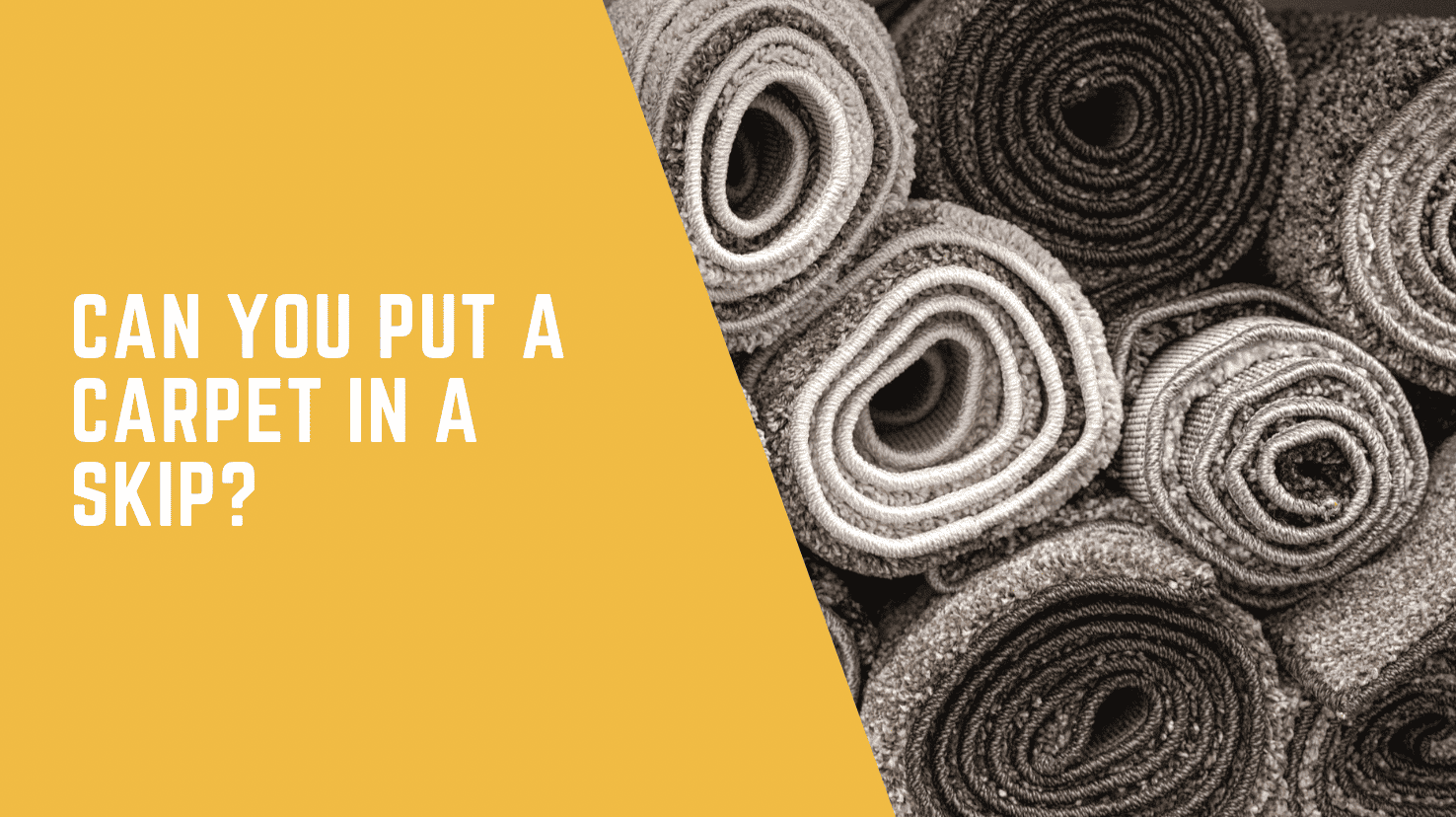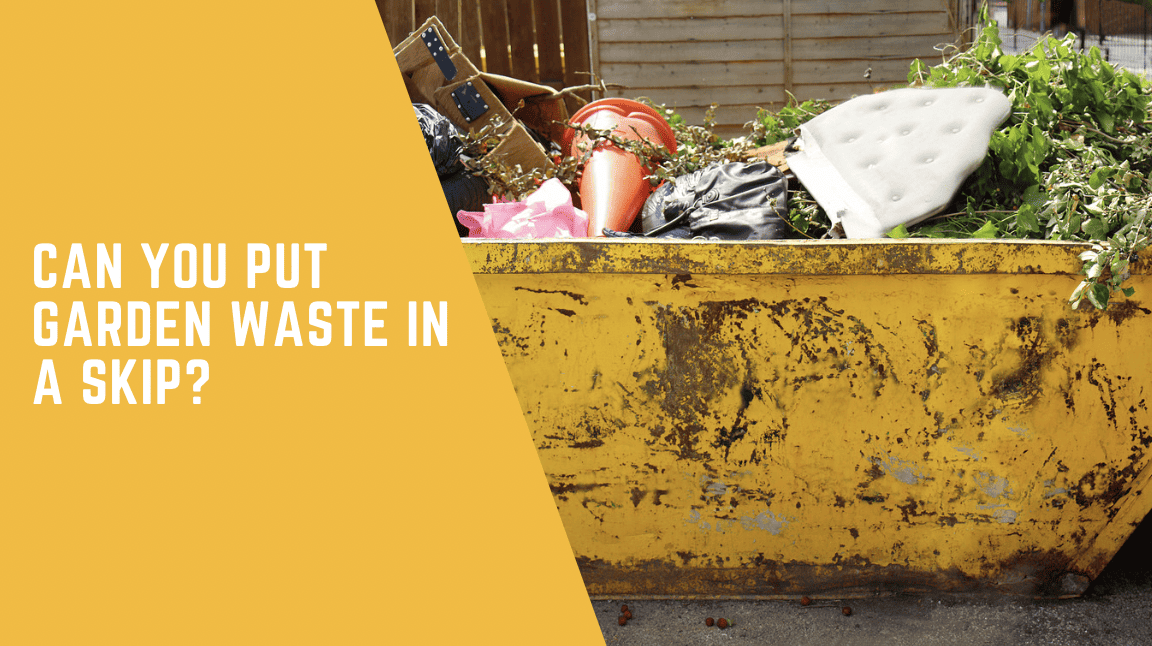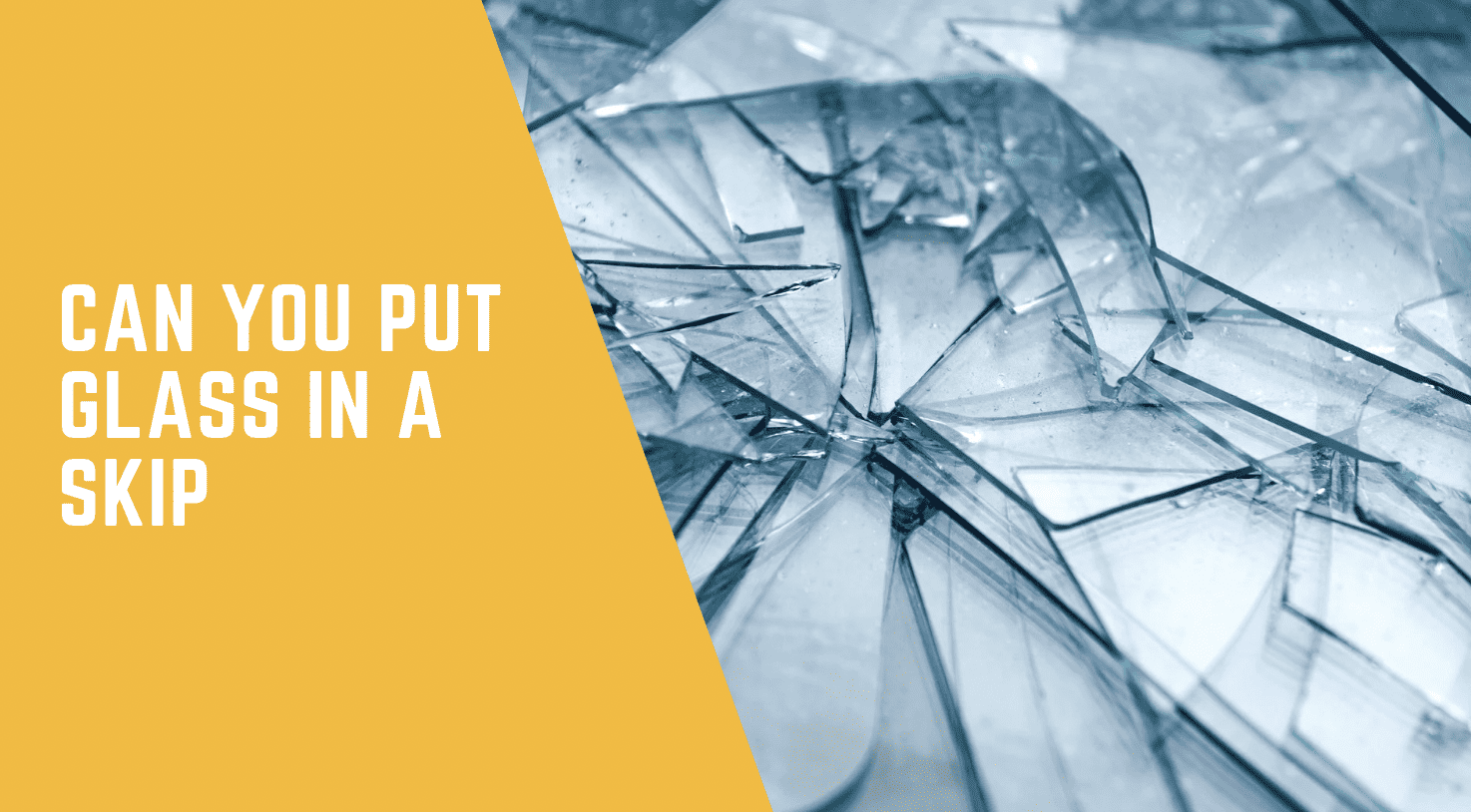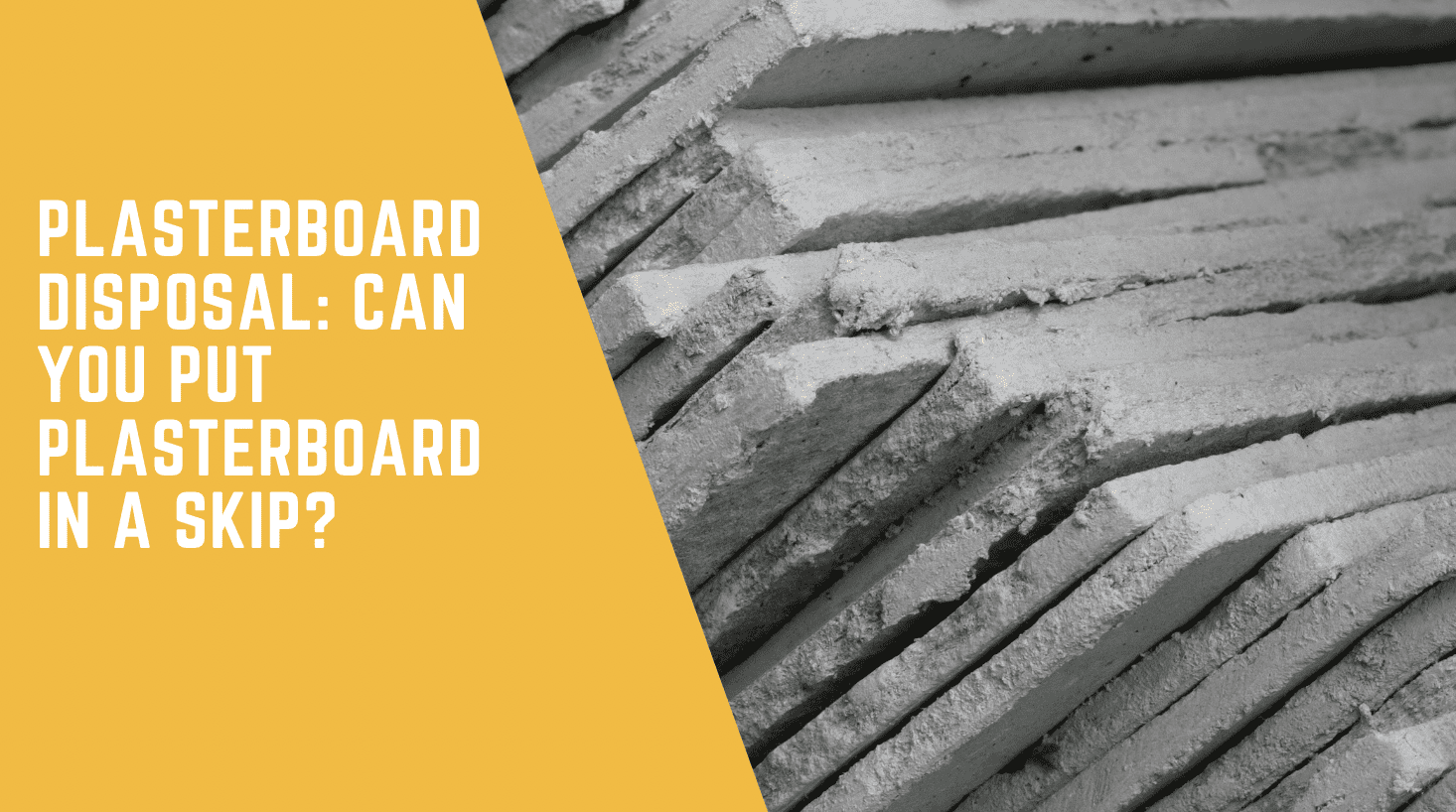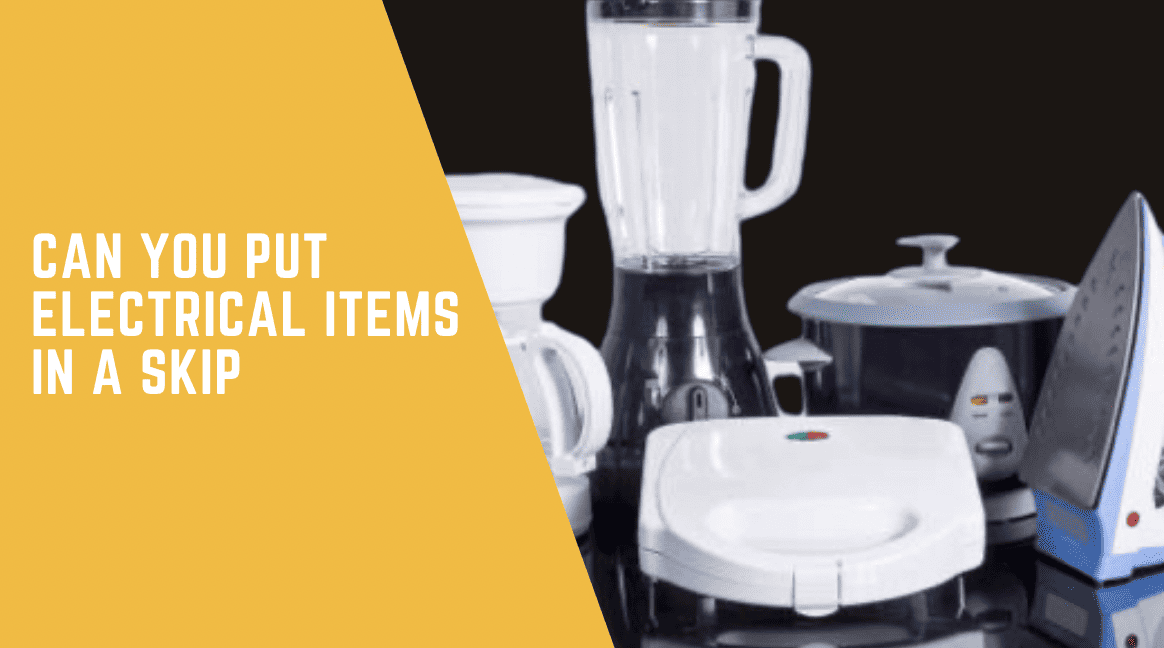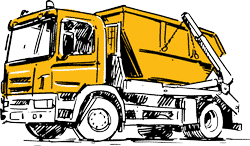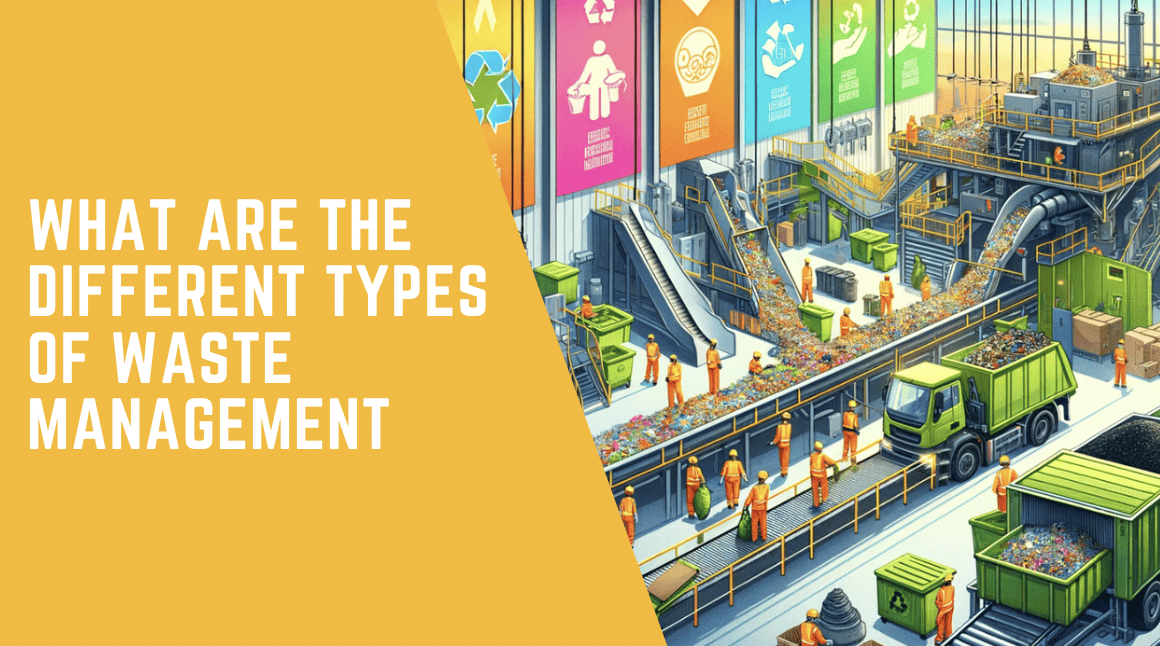
What Are The Different Types of Waste Management
Want to know how to handle your rubbish? This guide on the types of waste management will help you sort it out.
What Are The Types Of Waste Management?
The main types of waste management include landfills, recycling, composting, anaerobic digestion, waste-to-energy facilities, and reducing waste through the “3 Rs” – reduce, reuse, recycle.

We all generate waste daily, but how many know how to handle it properly? From household trash to construction debris, managing waste sustainably is crucial for protecting the environment. But with so many options out there, things can get confusing fast. This article will break down the main types of waste management to help you make eco-friendly choices.
First off, why does waste management matter? In short, the wrong disposal methods can lead to pollution, health hazards, and wasted resources. The exemplary systems allow us to reduce waste, reuse products, and recycle materials. This keeps our landfills from overflowing and cuts down on CO2 emissions. So, read on to learn how you can take control of your waste and help build a greener future.
Related Article: What Is Waste Management
Here Are 3 Key Takeaways From This Article:
- Sustainable waste management reduces pollution, health hazards, and wasted resources. The main options include landfills, recycling, composting, anaerobic digestion, waste-to-energy, and focusing on the “3 Rs” (reduce, reuse, recycle).
- Recycling common household materials like paper, plastic, glass, and metal keeps these recyclables out of landfills and turns them into raw materials for manufacturing new items. Check with your local council on what can be recycled in your area.
- Composting food waste, yard trimmings, and other organic matter reduces methane emissions from landfills and produces compost to enrich the soil. Home composting bins provide an easy way to compost at household levels.

Landfills
For decades, sending trash to the landfill was the standard practice worldwide. Landfills are sites where waste is buried in layers deep underground. In the UK, landfills must meet strict regulations to prevent pollution and hazards. However, landfill space must run out, especially in densely populated areas. Sending biodegradable waste like food scraps and paper to landfills also creates methane, a potent greenhouse gas.
While landfills still play a role in waste management, the focus now is on diverting more rubbish away from landfills altogether. Many everyday items can be recycled, composted, or otherwise recovered. Less waste in the ground means lower carbon emissions and less environmental impact.
Recycling
One of the most familiar and straightforward ways to manage waste sustainably is through recycling. Most households have curbside collections for typical recyclables like paper, cardboard, plastic bottles, tins, and glass. Recycling turns these used materials into raw materials to make new products. This saves energy, water, and resources compared to making items from scratch.
Recycling also prevents recyclable waste from going to landfills and contributing to pollution. Items like electronics contain toxic elements like lead and mercury that can contaminate soil and water if buried. Recycling e-waste separates these dangerous components for safe disposal.
Check with your local council to find out what waste you can recycle in your area. Rinse containers and keep different materials separate when setting them out for collection.

Composting
Another eco-friendly option for dealing with biodegradable waste is composting. Food scraps, yard trimmings and other organic matter can be composted instead of sent to the landfill. Composting allows this material to naturally break down into a nutrient-rich fertiliser for gardens and farms.
Composting can be done at home or through community programmes. Home compost bins are a simple way for households to recycle organic waste on-site. Community composting refers to larger regional facilities that handle compostables from many sources.
No matter what scale, composting keeps tons of organic matter out of landfills. This reduces methane emissions while also producing a beneficial end product. Compost improves soil health, fertility and water retention – so your food scraps get turned into something that can grow more food!
Anaerobic Digestion
Like composting, anaerobic digestion provides a sustainable biological waste treatment method. With anaerobic digestion, biodegradable material is broken down in an oxygen-free environment. This produces biogas, a renewable fuel made of methane and CO2.
The biogas can be used directly for heating and electricity generation. Anaerobic digestion facilities also yield nutrient-rich digestate, which can fertilise soils like compost. Food waste, manure, sewage sludge, and more can serve as feedstock for these systems.
Diverting organics to anaerobic digesters reduces waste volumes while generating clean energy. Across the UK, over 100 anaerobic digestion plants are helping to process food waste sustainably.
Waste-To-Energy
Waste-to-energy or energy-from-waste facilities provide another waste management solution. These plants combust residual waste at high temperatures to drive electricity turbines. State-of-the-art emission controls remove air pollutants from exhaust gases.
While not as eco-friendly as recycling, waste-to-energy generates clean power from rubbish that would otherwise end up in landfills. It reduces the total trash volume, too. However, energy-from-waste plants have faced opposition from environmental activists concerned about their emissions.
Modern waste-to-energy facilities are stringently regulated to protect air quality. Some UK cities have built these plants to produce heat and power from non-recyclable waste. But, recycling and waste reduction are still the preferred options before turning to incineration.

Reduce, Reuse, Recycle
No matter what waste management methods are used, reducing the amount of waste generated in the first place is crucial. Following the “3 Rs” – reduce, reuse, recycle – helps reduce the trash we produce.
Reducing means being mindful of waste when shopping and consuming. Refusing single-use plastics, buying reusable rather than disposable items and avoiding excess packaging prevent waste at the source.
Reusing items as much as possible, through repairing or finding new purposes, extends their lifespans. Recycling what cannot be reused closes the loop by turning materials back into new things.
Adopting habits around the 3 Rs will make the most significant difference in curbing the waste we generate daily. This lightens the load on waste management systems while benefiting the environment.
Taking The Next Step
Managing rubbish efficiently is critical for the UK’s future, and the types of waste management available offer solutions. While landfills were once the go-to, greener options are now possible with recycling, composting, anaerobic digestion and more. Reducing consumption and reusing as much as possible also minimises waste at the source.
We can all take steps to handle waste in eco-friendly ways that support the local community. Top Coventry Skips has committed to becoming a sustainable company – so let’s work together and use intelligent waste management to make it happen. By taking responsibility for our rubbish, we can ensure we don’t leave an overflowing mess for future generations. How will you manage your waste today?

